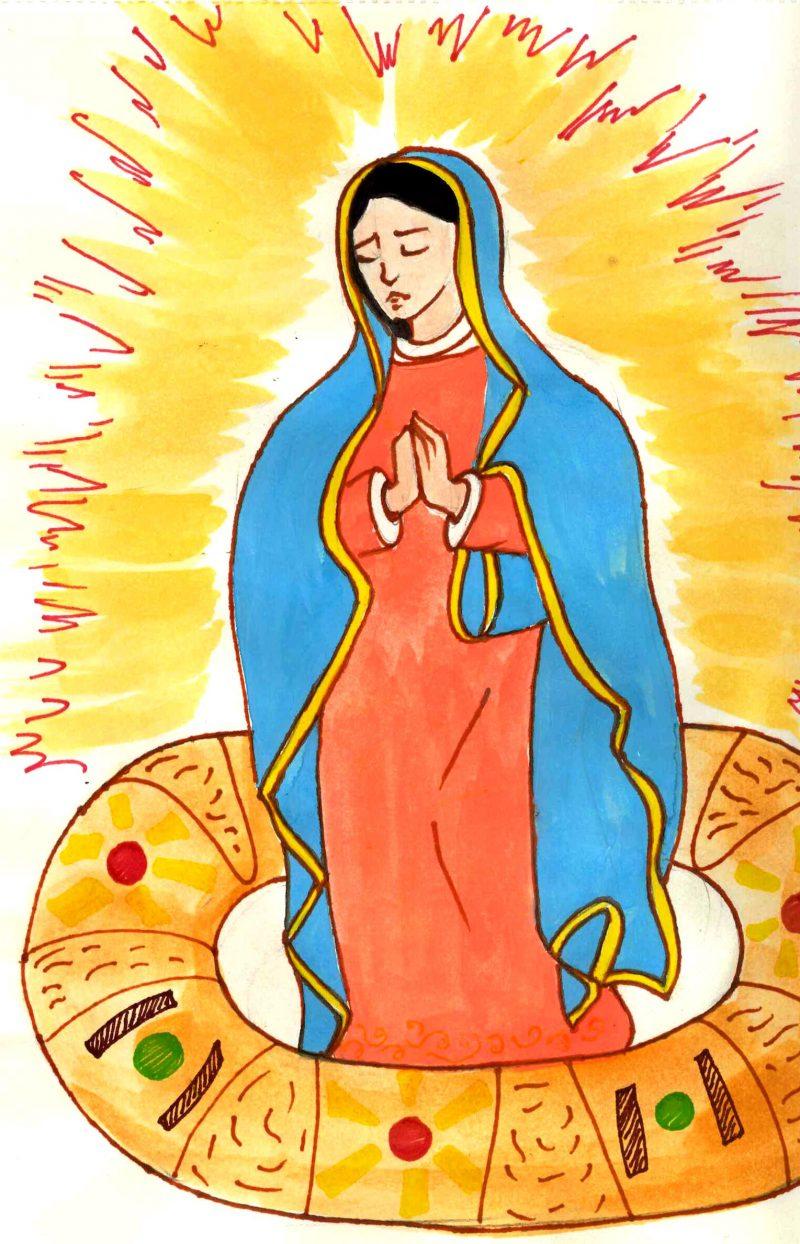Twinkling lights, the sweet smell of hot cocoa, and the heat from a yule log are typical American traditions during Christmas time. International students, however, often have different holiday traditions.
Sophie Gonzalez and Silvia Rojas share their cultures’ traditions and the difficulties of being an international student during a time of political turmoil.
Rojas, a first-year marketing and political science major, is from San Pedro Sula, the second largest island in Honduras.
“[Honduras is] really different from San Antonio because of the infrastructure. San Pedro Sula is a valley, which means it’s plain. In contrast, San Antonio has a lot of highways and bridges, which we don’t have,” Rojas said.
Honduras’ presidential election took place last November. The election was between Juan Orlando Hernandez and Salvador Nasralla. Three weeks after the election took place, Hernandez was announced as the new president. However, according to Ray Suarez in the NPR interview transcript “In Honduras, Protests Erupt In Wake of Presidential Election Results,” it’s difficult to say who really won the presidential elections.
“Organization of American States monitors say there were deliberate human intrusions into the computer system as well as several other irregularities,” Suarez said.
These irregularities led to many violent protests throughout Honduras.
“Protests have toned down and everything is going back to normal. Thankfully, everything’s okay with my family,” Rojas said.
Despite political turmoil, Rojas had a wonderful time back home for the break. For Christmas, Rojas traveled to Tegucigalpa, the capital of Honduras, to reunite with her extended family.
“It was awesome. I really missed my family and friends, so being able to see them again was great,” Rojas said.
Rojas also enjoyed celebrating the new year.
“My favorite memory was New Year’s Eve. I was with my family until 1 a.m., and then I went to a party with my friends. I particularly enjoyed this because I was able to spend time with those most important to me,” Rojas said.
To Gonzalez, a first-year anthropology and communications double major, winter break meant coming home to her extended family in Monterrey, Mexico. According to Gonzalez, Monterrey is fairly similar to Texas.
“It’s become very Americanized. We have the same stores. We have HEB, Walmart, all that. We don’t have Target, which is sad,” Gonzalez said.
Gonzalez enjoyed visiting with her family, especially her second cousin, who is two years younger.
“[In Mexico,] people are closer to their extended family, so I met up with my great-grandmother, who had a huge celebration,” said Gonzalez.
Mexico celebrates Christmas, New Years, Dia de los Reyes Magos (King’s Day), and Dia de la Virgen de Guadalupe (Day of the Virgin of Guadalupe). Dia de la Virgen de Guadalupe happens on Dec. 12, followed by Dia de los Reyes Magos on Jan. 6.
On Dia de los Reyes Magos, people put their shoes out to be filled with candy. La Rosca de Reyes, also known as King’s Cake, is baked with a plastic baby Jesus and eaten. Whoever gets the baby Jesus in their slice has to throw a tamale party on Feb. 2nd. For Dia de la Virgen de Guadalupe, people take flowers to the virgin and traditionally attired sword-dancers, called matachines, perform ritual dances.
While Gonzalez did not experience much culture shock coming back from her break, she did struggle with the switch in languages.
“At home, we speak Spanish, my friends speak Spanish,” Gonzalez said. “So [it] was weird coming back because I got used to speaking Spanish all the time. It was just like weird with [the change in] language. I mean, I grew up going to an American school so I grew up speaking English and Spanish, but it was just weird because my instinct was to respond in Spanish but I had to be like, ‘Oh wait no, I can’t do that.’ ”
For both Gonzalez and Rojas, Christmas break was a time to be around family and friends that they had left behind in their home countries. For more information on international students, contact isss@trinity.edu.




